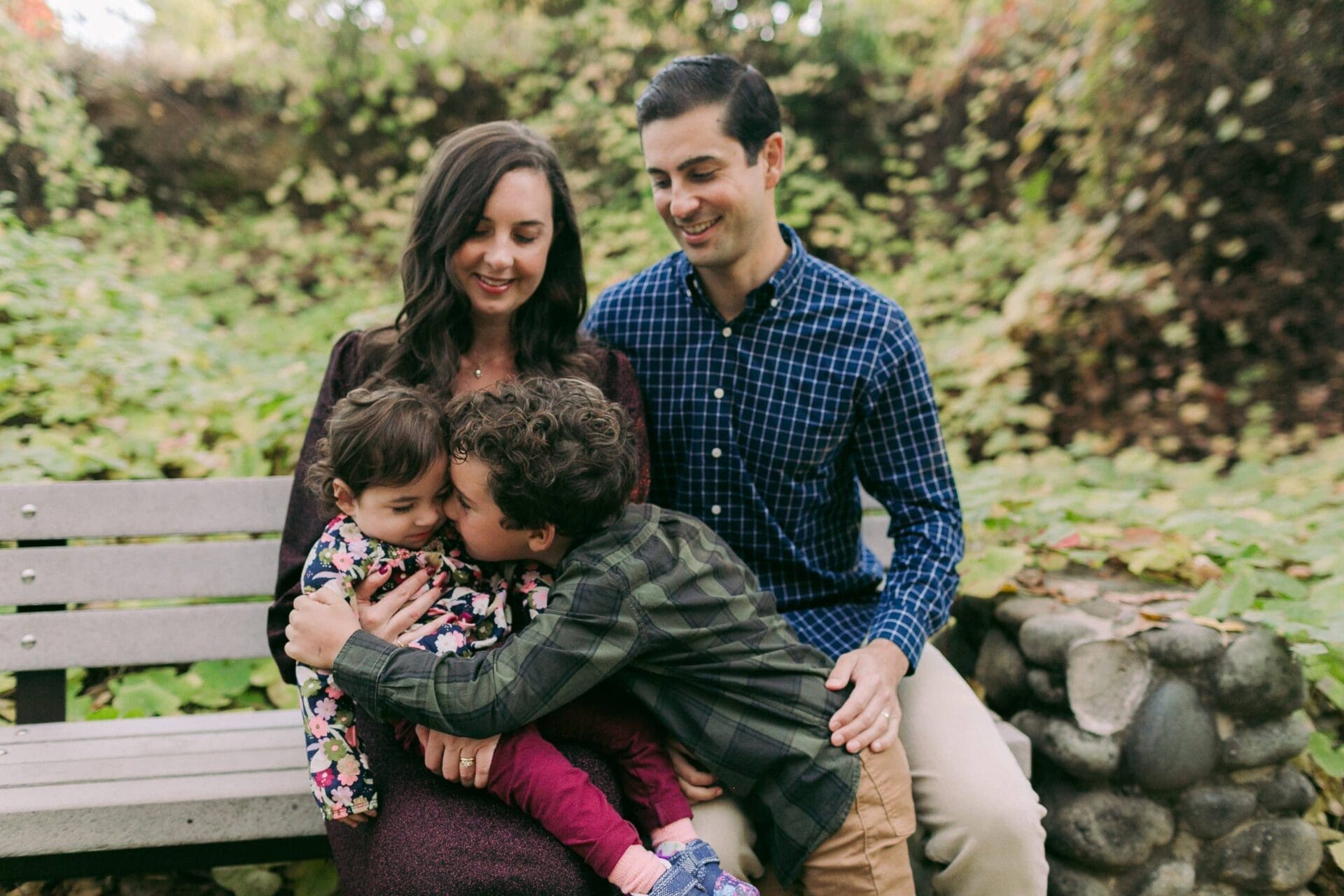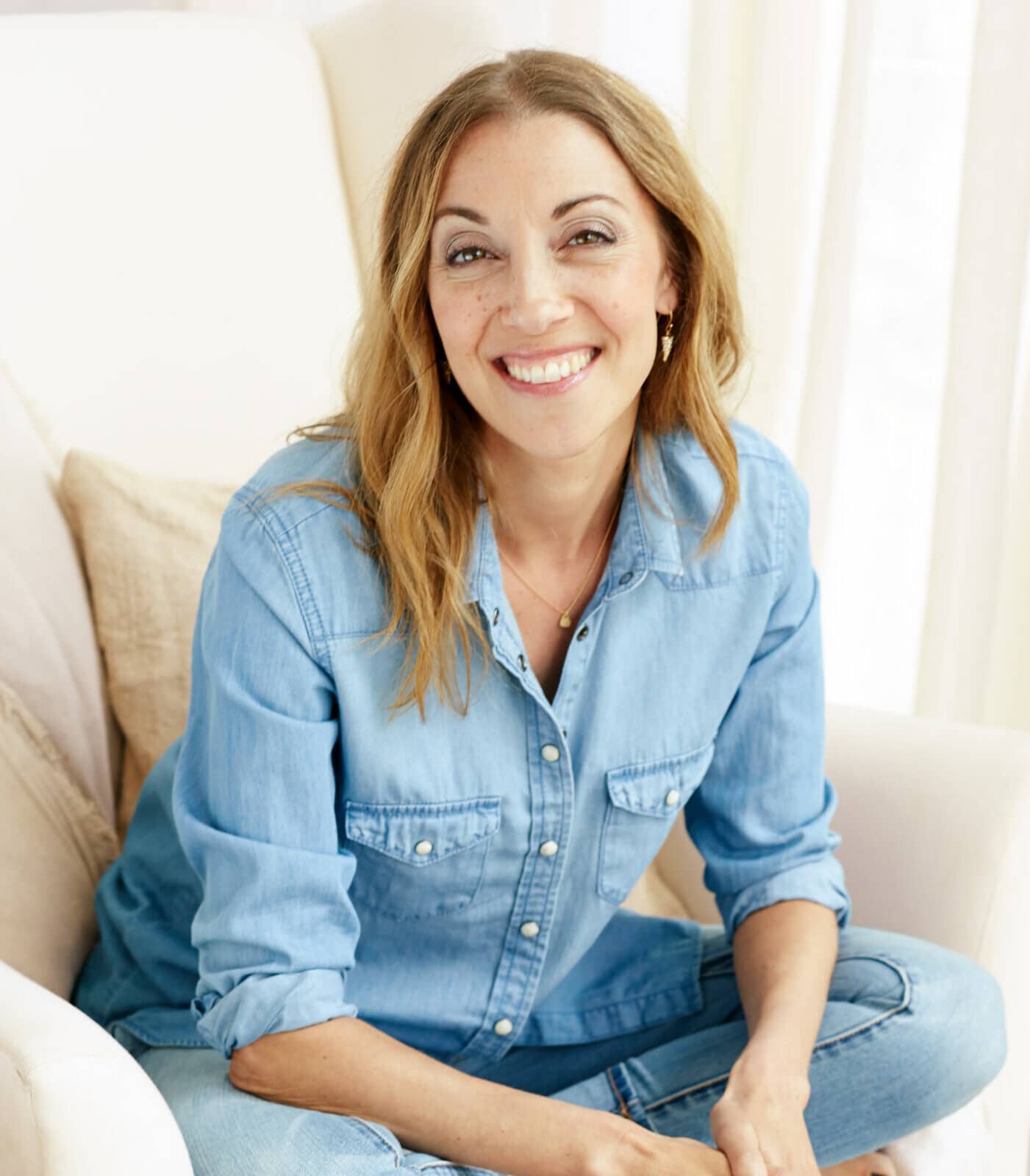We are proud to say that these posts are not sponsored. Our editorial team of Bobbie moms and writers personally select each featured product. If you buy something through our links, we may earn an affiliate commission, at no cost to you.
As a mom to a disabled daughter, I hear a lot of “I’m sorry” when people learn about my daughter’s disabilities and face a lot of stares when we’re out in public with her feeding tube. Parent to parent, I am here to tell you what NOT to say when speaking to an interabled family and how to include teachable moments about disability and inclusion in your own family.
- Please don’t say I’m sorry when you learn that my child is disabled. What are you sorry for exactly? My daughter is not a burden. I appreciate the sentiment and I know it’s well meant, but you don’t need to be sorry! I’m so lucky to be a mom to two amazing kiddos, one of whom happens to be disabled. Please don’t feel sorry, but please do take notice of how inaccessible the world is to a non-mobile, non-verbal, neurodiverse kid. For example, how hard is it to build inclusive parks and playgrounds without wood chips? Don’t we know by now that disabled kids want to play too and that means giving them options like swings with harnesses for individuals with low tone and even ground to walk on.
- Please teach your children about disabilities. Read them books about all types of disabilities, from neurological differences to physical, here’s a list of children’s books to start with. Teach them it’s okay to be empathetically curious and ask questions, in fact, most interabled families welcome natural curiosity from other children! Teach them that feeding tubes, mobility aids, ventilators, etc. aren’t scary, but supportive devices to help some people eat, move and breathe. Teach them that our children like to be included just as much as any other kid. My daughter loves her big brother and being around other children, yet she has never been invited to a birthday party or play date.
- Stop telling parents of disabled children how strong they are or “I can’t imagine how you do it.” In September, 2023, people with disabilities were finally recognized as a population with health disparities. Imagine telling a stressed out, overburdened parent of an underserved population “how strong they are.” That’s like telling someone who is drowning, “you’re such an inspiration!” without throwing them a lifeline. When you tell a disabled person or their caregivers how strong they are or how you can’t imagine how they do it – you are unconsciously separating yourself from their lived experiences without offering any support.
- Disability is more than just a wheelchair. Disability can be visible or invisible, it can be acquired through an injury, disease, or a genetic condition someone was born with, and it can be physical, intellectual or both. Disability can come and go. Disability does not discriminate, anyone can become disabled of any age, gender identity, sexual orientation, religion, race, ethnicity, etc. Understand the vast diversity of disability and that it goes way beyond mobility issues! We recently experienced discrimination on a family trip, only to have the person who assumed my daughter wasn’t disabled come apologize after she saw her feeding tube and medicine-filled syringes. You never know what someone is dealing with.
- Disabled people are so much more than a diagnosis. Yes, my daughter has a big team of specialists, therapists and doctors and yes, she is medically complicated, but what’s not complicated is how simple it is to love her and how perfectly she completes our family. She is a kid, just like any other kid, who loves to have the same experiences as other children. The only difference is that most of those experiences are not accessible to her.
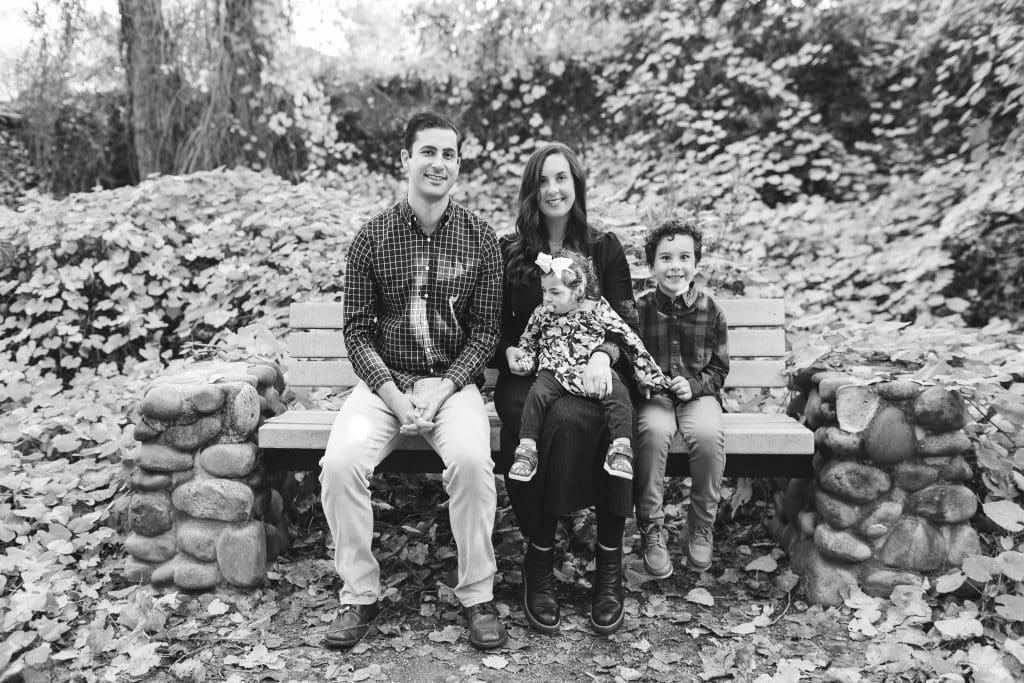
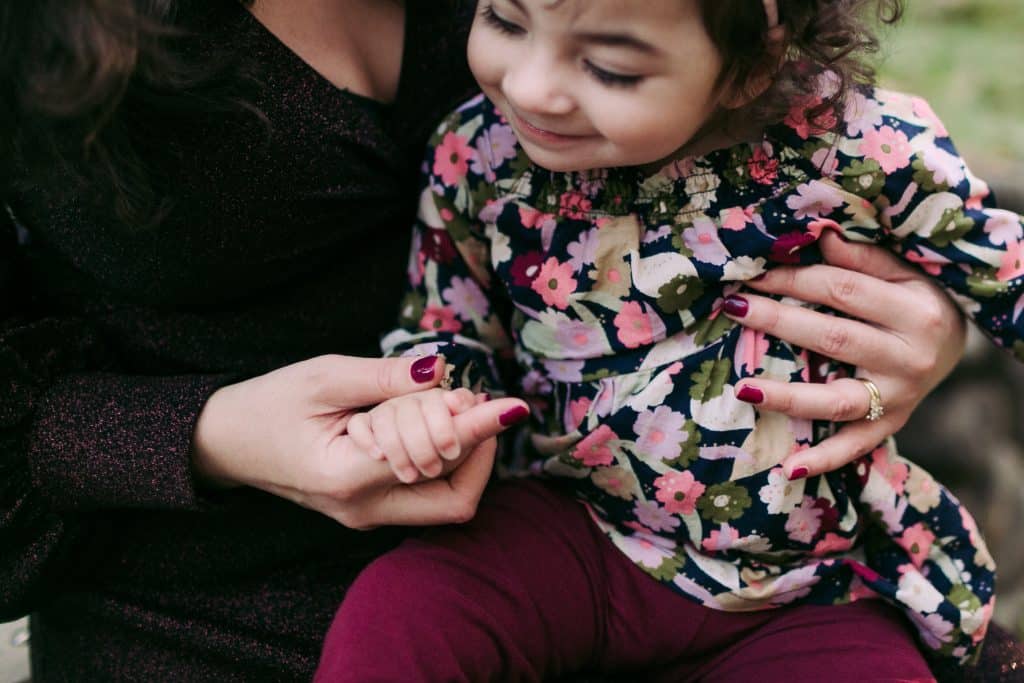
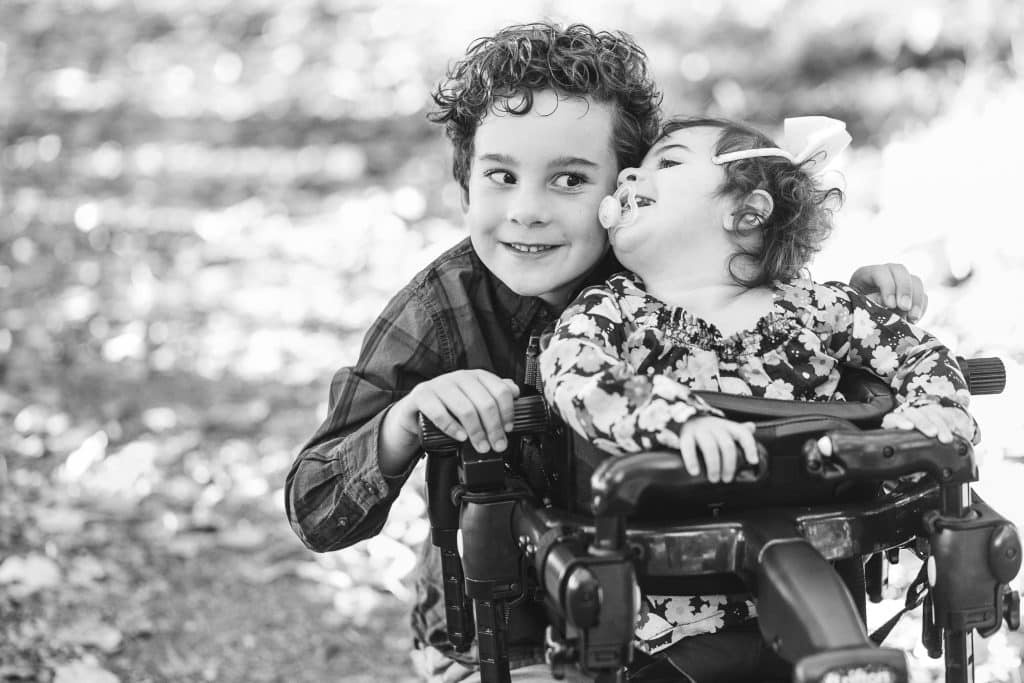
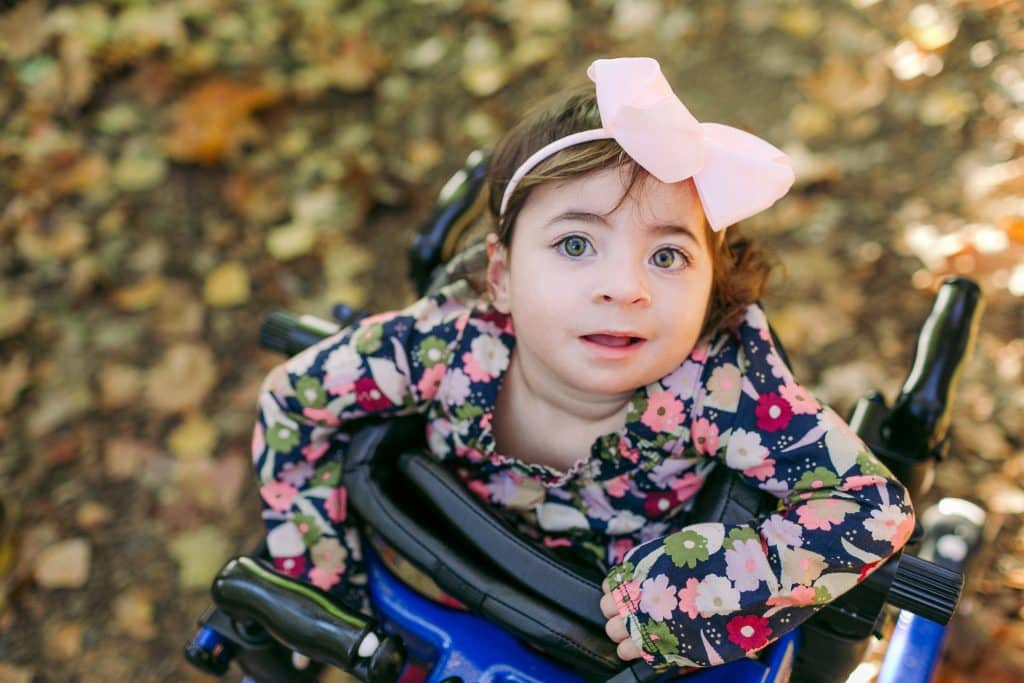
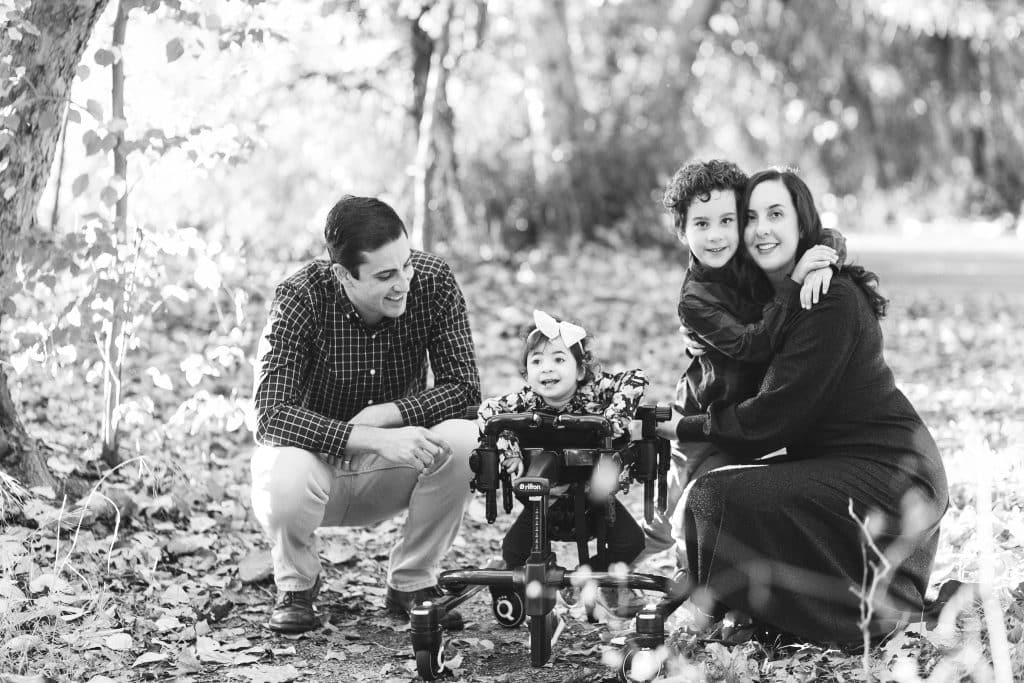
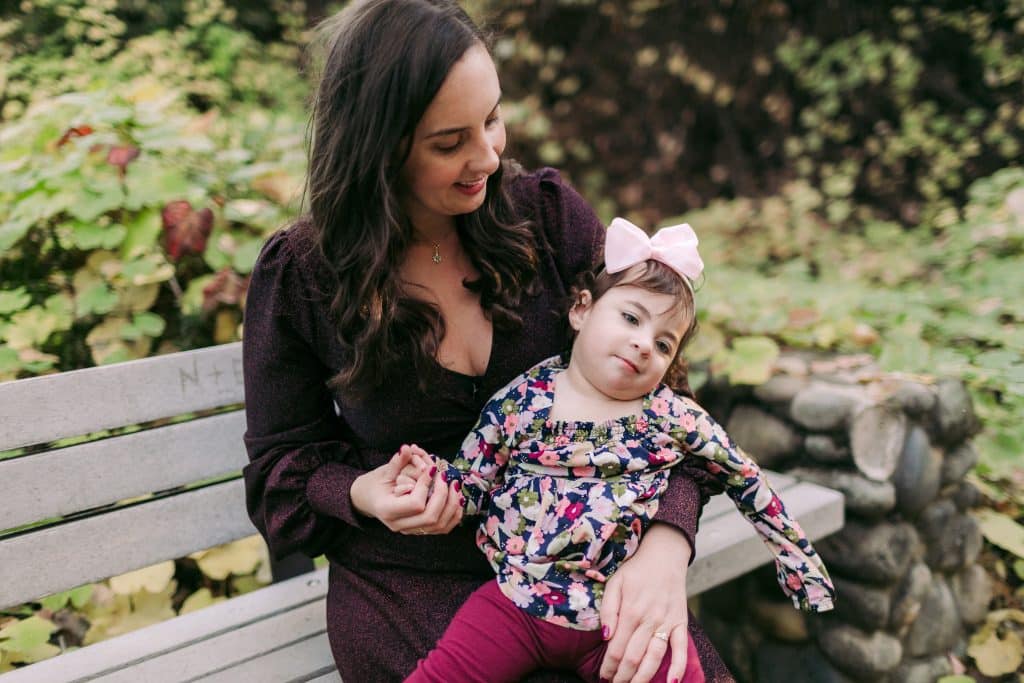
Photos by Anita Martin

